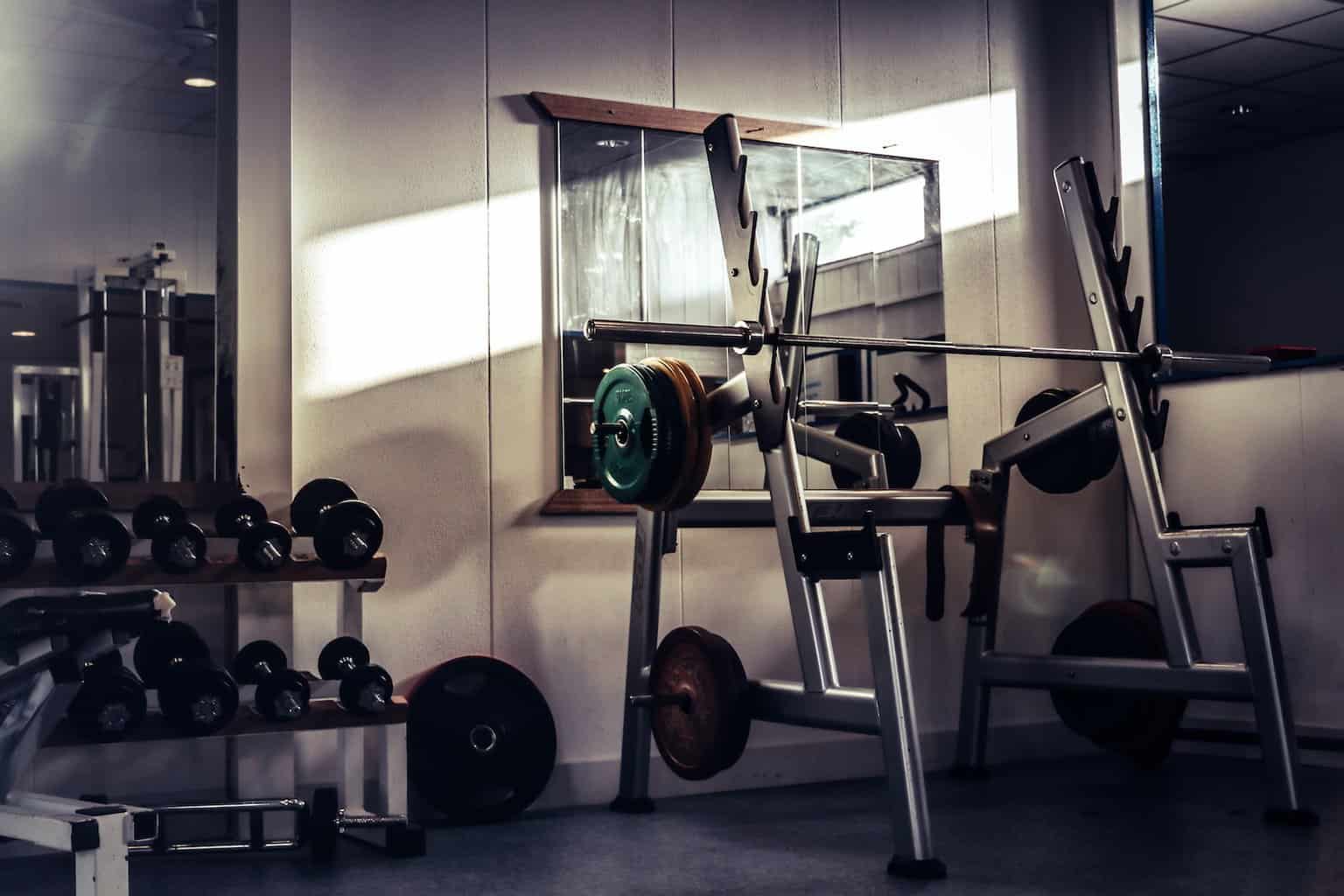Exercising in community gyms is one way of increasing physical activity levels in line with World Health Organisation guidelines. This helps to improve our physical and mental health. It also reduces the risk of developing chronic conditions in the future. However, research tells us there are limited opportunities for adults with childhood onset physical disabilities to participate in exercise in their communities. New research from the Centre for Health and Rehabilitation Technologies, Ulster University has been exploring the practicalities of disabled adults exercising in community gyms.
Community gyms are well placed to provide opportunities for everyone to participate in exercise. But, there are many challenges for disabled adults to exercise in their local gym. Alix Crawford, Chairperson of the Mae Murray Foundation, who is collaborating with the research team shares that “We are all well aware of the health benefits of keeping active, but for those who are currently unable to take part, it is extremely challenging to maintain good physical and emotional well-being within local communities. This exclusion can lead to increased isolation and loneliness. We are delighted to be working with researchers at Ulster University, who share our passion for breaking down barriers to inclusion within society, to examine solutions specifically for the gym environment. This is such an important piece of work and has the potential to contribute to key early intervention health strategies.”. Anyone who wishes to exercise in their local gym should be able to do so. Therefore, we need to create inclusion and increase participation in exercise for all, regardless of ability.
While the research team at Ulster University reinforced it is possible for physically disabled adults to participate in exercise in a community gym, there are several key considerations to address. It is not as simple as ensuring disabled adults can access and enter the gym. Adaptive devices are necessary to enable use of ‘standard’ gym equipment. Changing and toileting facilities to ‘Changing Places Specification’ must be provided to allow safe and dignified toileting for all. Exercise programmes should be personalised and created in partnership with each individual, considering their abilities and goals for exercise. These are just some of the considerations that need addressed to create inclusion in exercise for all abilities.
This research makes recommendations for exercise professionals and organisations who are providing exercise in community settings. One of the lead researchers, Dr Karen McConnell states “we now have a better understanding of what exercise in community gyms can look like for adult wheelchair users, but we’re not there yet.” Findings from this study will inform further work in this area. Next steps will include working to develop and design an online toolkit to help exercise professionals develop and implement exercise for disabled adults in community gyms.
Results from this research are currently being prepared for dissemination and will be made available in due course.
Dr Karen McConnell and her team are participating in the ESRC Festival NI tonight, Friday, 11 November. You can reserve a place for the event, Let’s get Nerofit! Adaptive exercise for people with physical disabilities at https://www.eventbrite.co.uk/o/esrc-festival-of-social-science-in-ni-2022-52167271473
Dr Karen McConnell is a Lecturer in Physiotherapy at the School of Health Sciences, Ulster University.

We are a university with a national and international reputation for excellence, innovation and regional engagement, making a major contribution to the economic, social and cultural development of Northern Ireland.
Discover more from Slugger O'Toole
Subscribe to get the latest posts to your email.
